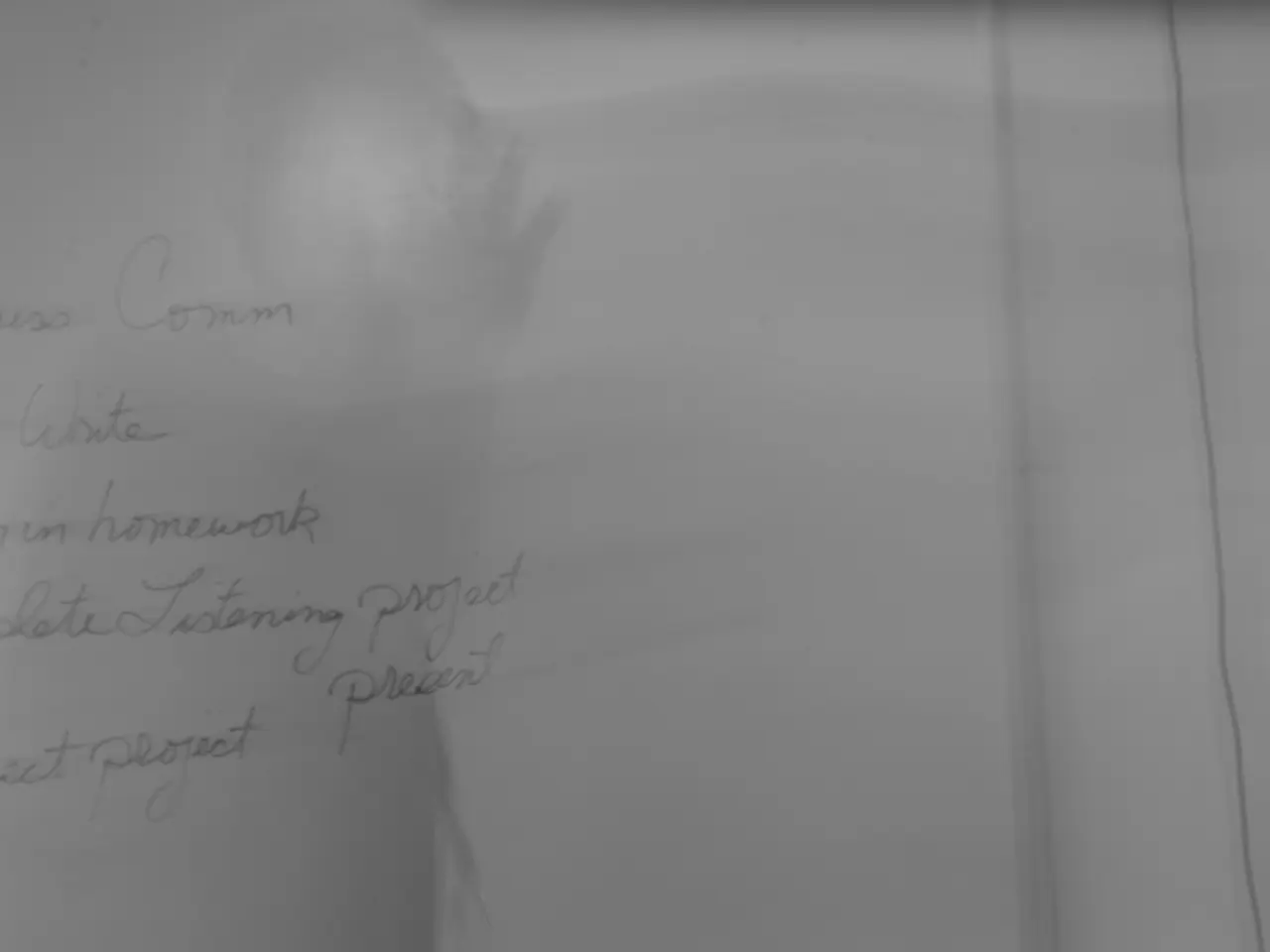Tariffs imposed by Trump face legal challenge: Court case may redefine his trade approach
The U.S. Court of Appeals for the Federal Circuit is set to hear an appeal on Thursday, challenging President Trump's use of emergency economic powers to impose tariffs on various countries' exports.
In a significant legal battle, five small business owners and 12 Democratic states argue that Trump cannot use the International Emergency Economic Powers Act (IEEPA) of 1977 to enact import duties. The case, which has been ongoing since July 2025, is a significant test of the limits of presidential power to impose tariffs without congressional approval.
The lower U.S. Court of International Trade sided with the states and businesses in May, ruling that President Trump did not have authority under IEEPA to impose the tariffs. However, the United States Court of Appeals for the Federal Circuit allowed Trump's tariffs in question to remain in place while the case is being challenged.
Trump has used several levers to impose tariffs, including Section 232 of the Trade Expansion Act of 1962. In April, he imposed a 50% tariff on copper using Section 232, justifying it as a response to national security threats. He has also imposed tariffs on China, Mexico, and Canada, citing the same authority.
Section 232 gives the president the power to impose higher tariffs on national security grounds, and it requires an investigation before tariffs can be imposed. However, the legal challenge questions the scope of presidential authority under IEEPA, reflecting concerns about a possible overreach in unilaterally imposing broad tariffs.
The federal appeals court's decision could take weeks or months and may eventually reach the Supreme Court. If the court rules against Trump, the trade agreements he announced could face an uncertain fate.
Brent Skorup, a legal fellow at the Cato Institute, expressed that starting over on trade talks carries risks. Patrick Childress, an international trade and disputes attorney, stated that the Trump administration likely believes they can find other legal avenues to back those trade agreements, even if they lose the IEEPA fight in court.
The tariffs targeted a wide array of imports from trading partners, justifying them as a response to national security/emergency threats, such as fentanyl influx across the northern border. Even trading partners that reached trade agreements with Trump, including the European Union and Japan, are set to face higher tariffs compared to rates since April.
Economists at JPMorgan stated that if the International Emergency Economic Powers Act is deemed inadmissible, the legal status of the trade deals could come into question. This case, if it reaches the Supreme Court, could establish important precedent on the balance of trade power between the executive branch and Congress and has broad economic and constitutional implications.
- The ongoing legal battle over President Trump's use of the International Emergency Economic Powers Act (IEEPA) to impose tariffs is a matter of policy-and-legislation with significant implications for business, as it tests the limits of presidential power and raises questions about the balance of trade power between the executive branch and Congress.
- In this legal battle, the case involving five small business owners and 12 Democratic states argues that Trump's tariffs, which affect general-news headlines on business, politics, and international trade, are unconstitutional as they were imposed without congressional approval, and it potentially impacts trade agreements with various countries.







